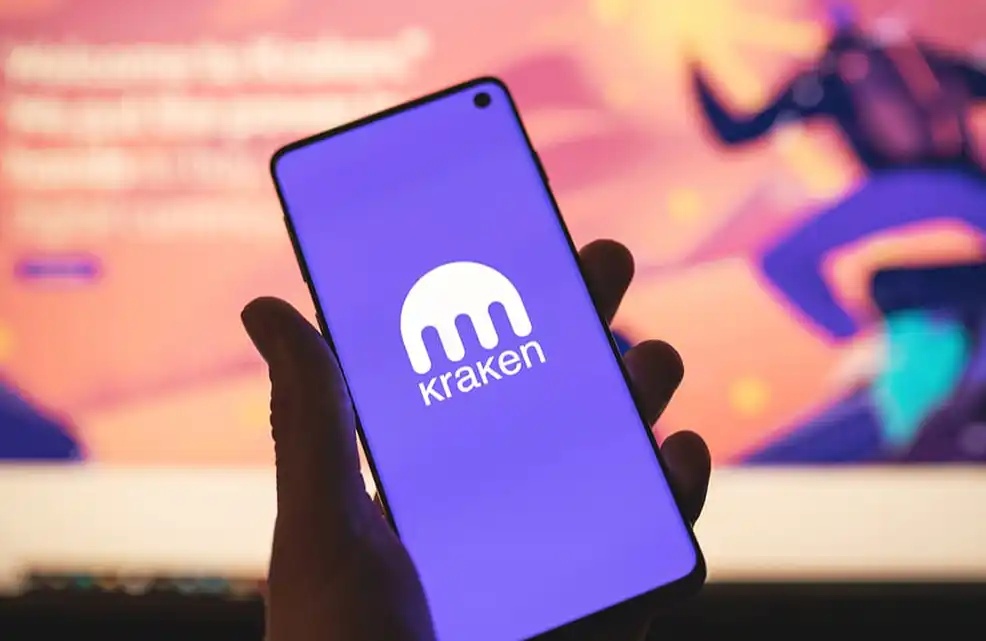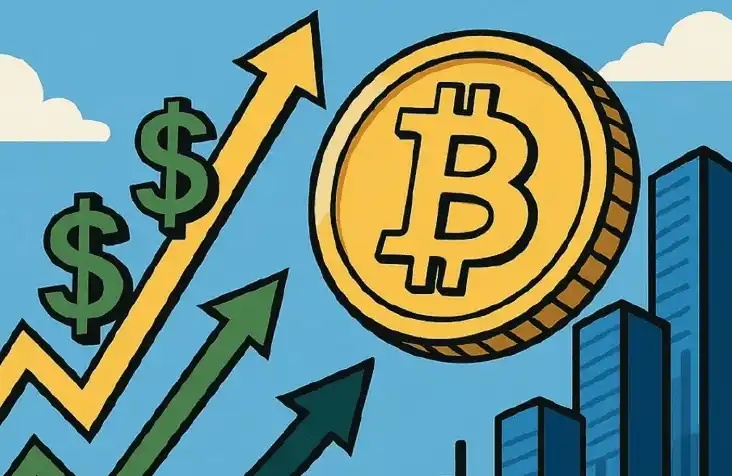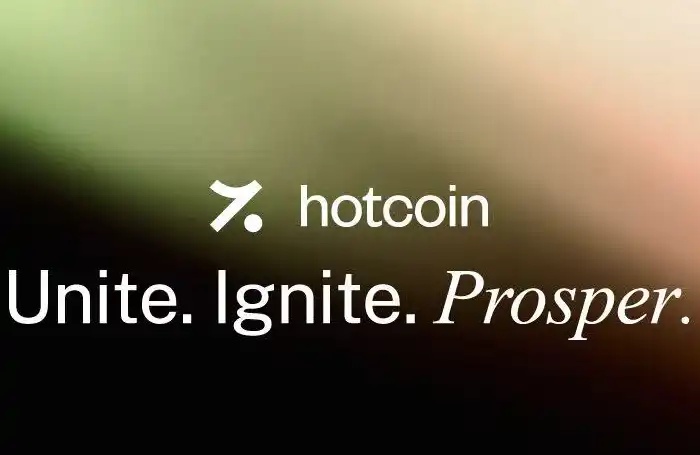The wave of IPOs is officially here, with veteran asset manager BitGo secretly filing for IPO.
On July 21, according to BitGo's official announcement and multiple media sources, this well-established cryptocurrency custodian has secretly submitted a draft registration statement for an A-class common stock IPO to the U.S. Securities and Exchange Commission (SEC), with plans to list on a major U.S. exchange. According to insiders, BitGo chose to submit this filing confidentially to control the pace of information disclosure, avoiding triggering valuation games or premature exposure of sensitive operational data during market volatility.
Once the IPO is successful, BitGo will become another publicly traded cryptocurrency company following in the footsteps of Coinbase and Circle, with a core competency in "compliance services + institutional-grade custody." With more cryptocurrency infrastructure rapidly entering the scene, what impact will BitGo's IPO have on this particular "bull market" cycle?
BitGo: The Capital Journey of the Custody King
BitGo's co-founder and CEO, Mike Belshe, was an early architect of the Chrome browser and one of the first ten engineers on the Google Chrome team. He was also involved in the design of the Web security protocol SPDY. As a tech-savvy serial entrepreneur, he created the world's first multi-signature network wallet for Bitcoin and founded BitGo after entering the cryptocurrency industry in 2013. His entrepreneurial logic dictates that "compliance, security, and institutions" are the only way forward for the industry's long-term development.
BitGo is one of the earliest service providers to offer cryptocurrency custody for institutional investors, a multi-signature security architecture, and on-chain settlement solutions. It has received backing from institutional investors such as Founders Fund, Galaxy Digital, Goldman Sachs, and Pantera Capital, a key player in this round of "ETH MicroStrategy" stock. Headquartered in Palo Alto, California, BitGo has obtained digital asset custody and trust licenses in the U.S., Germany, Singapore, and elsewhere. Its clients include over 1,500 mainstream platforms and funds, such as Pantera Capital, Bitstamp, Swan Bitcoin, making it the largest institutional custodian of Solana's volume.

BitGo had previously planned to be acquired by Galaxy Digital but terminated the deal in 2022 due to accounting issues. Subsequently, BitGo shifted to an independent development path, launching enhanced insurance custody services, stablecoin settlement solutions, and starting its Crypto-as-a-Service (CaaS) business in the second half of 2024. It expanded its API-level custody and trade integration modules to provide traditional finance institutions with access to the cryptocurrency infrastructure.
According to public information, as of the second quarter of 2025, the scale of cryptocurrency assets held in BitGo's custody has exceeded $100 billion, making it one of the few companies globally with the capability of "full compliance + full-chain custody." In fact, Pantera has also chosen BitGo as one of the three major custodians in its private fund compliance custody arrangement, along with Coinbase Custody and Silicon Valley Bank (SVB), collectively providing asset security for the fund. Additionally, BitGo's board of directors and advisory team include many individuals with backgrounds in traditional finance. In recent years, the company has continued to strengthen its collaboration with auditing firms, insurance companies, and bank custody departments, aiming to build a neutral infrastructure platform that serves both the crypto-native market and interfaces with traditional funds.
In multiple interviews, including with American Banker, Belshe has publicly opposed the idea of a "speculation-driven crypto platform," advocating for pushing the industry into the mainstream financial market with banking-grade custody standards. This time, BitGo has once again initiated an independent listing plan, evidently seizing the valuation restructuring opportunity of the "compliance-oriented infrastructure" amid the stablecoin regulatory framework implementation and the shift in U.S. crypto policies.
The Intersection of Regulatory Clarity and Capital Reassessment, Infrastructure Companies Lining Up for IPO
From the perspective of BitGo's IPO progress, its current position is precisely at the fulcrum of the intersection of the two major narratives of "regulatory clarity + capital reassessment." In June of this year, the stablecoin USDC issuer Circle successfully went public on the New York Stock Exchange, becoming the world's first stablecoin platform to land on the mainboard. In July of this year, the U.S. passed the "GENIUS Act," establishing a federal regulatory framework for stablecoins while granting licensed trust companies and banks statutory custody status. As one of the earliest holders of the New York trust license among crypto enterprises, BitGo enjoys a regulatory advantage.
At the same time, President Trump recently signed an executive order encouraging retirement accounts to allocate funds to Bitcoin and stablecoins, further driving up the compliance demand for custody and insurance mechanisms. The price of Bitcoin surpassed $120,000 in July, leading to a surge in trading platform activity, on-chain transactions, and asset transfers, thereby driving rapid growth in custody revenue.

Simultaneously, the circulation of on-chain stablecoins continues to increase, especially with nearly daily record highs following the GENIUS Act, driving a synchronous rise in custody demand. Since the beginning of this year, the total market capitalization of the crypto market has exceeded $4 trillion, with the total stablecoin supply surpassing $240 billion. As one of the largest custodians, BitGo's listing can unlock its valuation.

The "Crypto Infrastructure Companies" represented by Circle and BitGo have greater stability. They focus on services with low volatility and high regulatory requirements such as custody, payments, clearing, stablecoin issuance, making them more easily accepted and valued by regulatory agencies, traditional investment banks, and retirement funds.

With the acceleration of the trends in RWA, stablecoins, and Bitcoin financialization, the "underlying settlement logic" of on-chain value is gradually moving up to custody, audit, and clearing modules. Projects like BitGo, Anchorage, and Fireblocks have also been strengthening their compliance paths and insurance capabilities to accommodate the growing inflow of institutional funds.
Market participants point out that if BitGo successfully goes public, it will, along with Circle and Coinbase, collectively form the "compliance triangle," becoming the technological infrastructure for the integration of the U.S. mainstream financial system into the crypto market. Raoul Pal, Founder and CEO of Global Macro Investor, has mentioned the concept of the "Banana Zone" on social media multiple times to describe the steepest and most explosive upward phase in the crypto market cycle.
During the 2025 Sui Basecamp two months ago, multiple data points were presented indicating that this phase has arrived. It was also emphasized that "crypto is not an asset but a systemic reconfiguration." The underlying meaning of crypto is not just speculation but the reshaping of the global financial architecture. An IPO like BitGo's, representing custody and financial infrastructure, signifies the trend of "full compliance" and "lower fund risk," potentially serving as one of the gateways for more institutional funds to enter this bull market.

More Important than "On-Chain" is "Backing"
As the market's narrative gradually shifts from "Token is the new stock" to "Custody is the new infrastructure," BitGo's IPO might not only be a leap in the company's valuation but also a milestone for the entire industry entering the "compliant asset internet" era. If the IPO succeeds, it will be not just a small step for the crypto market but a foundational bridge between Web3 and Wall Street.
We are all in the Banana Zone.
Welcome to join the official BlockBeats community:
Telegram Subscription Group: https://t.me/theblockbeats
Telegram Discussion Group: https://t.me/BlockBeats_App
Official Twitter Account: https://twitter.com/BlockBeatsAsia
 Forum
Forum OPRR
OPRR Finance
Finance
 Specials
Specials
 On-chain Eco
On-chain Eco
 Entry
Entry
 Podcasts
Podcasts
 Activities
Activities









